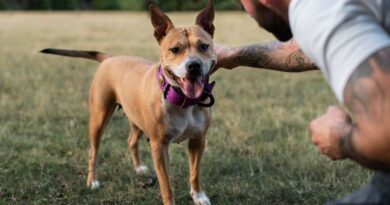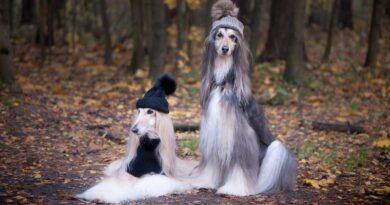Training a dog can be an incredibly rewarding journey, strengthening the bond between you and your furry companion. However, not all dogs come with the same level of ease when it comes to training. Certain breeds possess independent, stubborn, or strong-willed traits that can pose challenges during the training process. In this article, we’ll delve into the world of 10 dog breeds that are often considered difficult to train, offering insights on how to navigate their unique characteristics for a successful training experience.
Training a dog is an enriching experience that deepens the connection between humans and their canine companions. However, the training journey can vary significantly depending on the breed’s temperament and innate behaviors. Some breeds are more headstrong and independent, requiring a different approach to training.
Difficult Dogs to Train
Navigating the challenges of training can be demanding with these breeds. Explore the complexities of handling difficult dogs and discover effective training strategies.
Afghan Hound
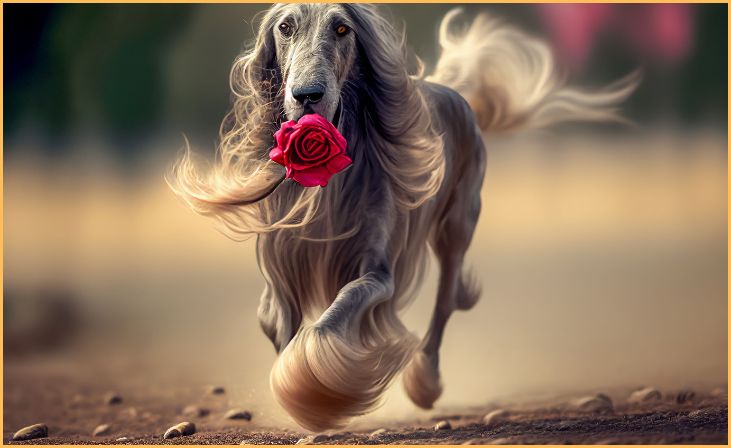
The Afghan Hound, with its distinctive appearance and independent spirit, presents a unique challenge in dog training. Known for their elegant, flowing coat, exotic look, and dignified demeanor, Afghan Hounds are a breed with a strong sense of independence. Their aloof nature can make training a bit challenging, as they may exhibit a stubborn streak. Patience and positive reinforcement are crucial when working with Afghan Hounds, as harsh methods can lead to resistance. Despite their independent nature, these hounds are intelligent and respond well to consistent, reward-based training.
Engaging in activities that stimulate their minds and providing positive reinforcement for desired behaviors can help harness their potential. With proper guidance and a patient approach, Afghan Hounds can become well-mannered companions, showcasing both their regal appearance and their unique, independent charm.
For More- 10 Types of Setter Dog Breeds: Elegance, Energy, and Loyalty in Fur
Basenji

The Basenji, often referred to as the “barkless dog,” is a unique and intelligent breed originating from Central Africa. Characterized by a sleek, short coat, tightly curled tail, and distinctive forehead wrinkles, Basenjis possess both a charming appearance and an independent spirit. Training a Basenji can be challenging due to their strong-willed nature and a tendency to be aloof.
Notoriously known for their lack of traditional barking, they communicate through a unique yodel-like sound called a “barroo,” making them an intriguing but sometimes stubborn subject in training. Basenjis are highly intelligent and may require creative and positive reinforcement techniques to keep their interest. Early socialization and consistent training from a young age are essential to channel their intelligence into positive behaviors, ensuring a harmonious relationship with these fascinating and ancient canines.
Chow Chow
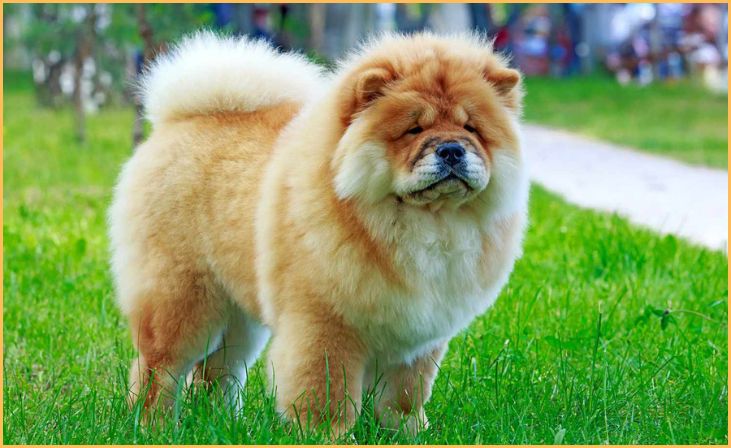
The Chow Chow, originating from China, is a distinctive and regal breed known for its lion-like mane and distinctive blue-black tongue. This dignified and aloof dog can present challenges in training due to its independent nature. Chow Chows are known to be reserved and may require patient and consistent training methods. Early socialization is crucial to help them become well-adjusted adults.
While they are loyal and protective of their families, their strong-willed personality calls for a confident handler. Positive reinforcement and firm, fair leadership are essential in training a Chow Chow, as harsh methods may lead to resistance. Despite the training challenges, the reward lies in a devoted companion whose unique appearance and ancient lineage contribute to the undeniable charm of the Chow Chow.
Dalmatian
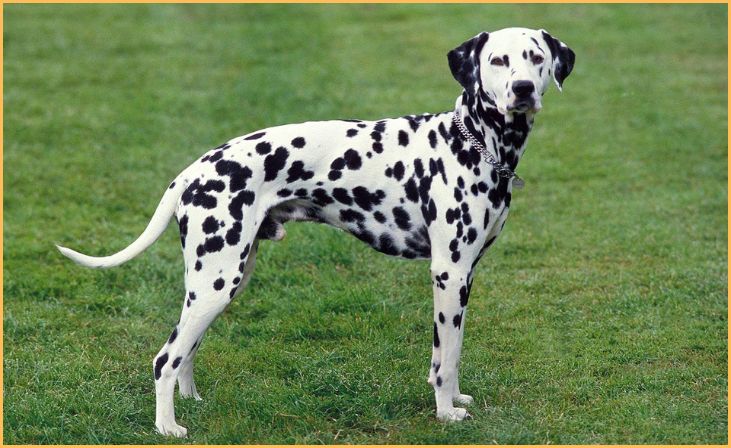
The Dalmatian, famous for its distinctive black or liver spotted coat, is an energetic and intelligent breed with a playful demeanor. While their striking appearance often steals the spotlight, Dalmatians can present training challenges due to their high energy levels and independent nature. These dogs thrive on mental and physical stimulation, making regular exercise and engaging activities essential.
Socialization from an early age is crucial to curb any potential aloofness. Consistent, positive reinforcement training methods work best for Dalmatians, as they respond well to rewards and praise. With the right guidance and commitment, Dalmatians can transform into well-behaved companions, showcasing not only their iconic spots but also their friendly and loyal personalities.
Basset Houn

The Basset Hound, known for its distinctive appearance with droopy ears and a long body, is a charming and amiable breed. Despite their affable nature, training Basset Hounds can be challenging due to their independent streak and strong sense of smell, which may distract them during training sessions. These dogs have a laid-back demeanor and may require patience and consistency in training.
Positive reinforcement, such as treats and praise, works well to motivate Basset Hounds. Socialization from an early age is important to help them interact well with people and other pets. With a bit of understanding and a gentle approach, Basset Hounds can become well-behaved companions, showcasing their endearing appearance and friendly disposition.
Beagle

The Beagle, a small hound breed known for its keen sense of smell and friendly disposition, makes a wonderful companion. While Beagles are intelligent, their strong hunting instincts can pose training challenges. Their love for scents might lead them to follow their noses, making recall training essential. Beagles respond well to positive reinforcement, using treats and praise to motivate them.
Due to their pack-oriented nature, they thrive on socialization with humans and other pets. Consistent training and regular exercise are crucial to keep Beagles mentally and physically stimulated. With patience and a good sense of humor, Beagles can become well-behaved family members, showcasing not only their distinctive appearance but also their playful and affectionate personalities.
Shiba Inu
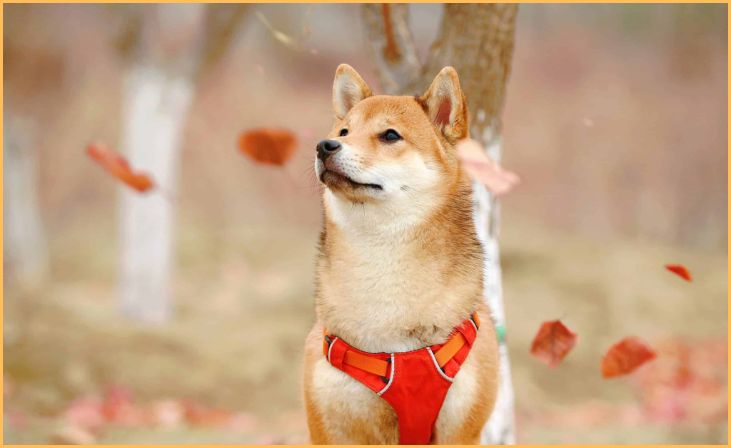
The Shiba Inu, a spirited and small Japanese breed, is known for its fox-like appearance and independent nature. While Shiba Inus are intelligent, their strong-willed temperament can present training challenges. They may be aloof with strangers but form strong bonds with their families. Consistent, positive reinforcement training methods work best with Shiba Inus, as they respond well to rewards and praise.
Early socialization is crucial to help them become well-rounded adults. Their spirited personality and natural agility make them excel in activities like agility training. With the right balance of firm leadership and understanding, Shiba Inus can become loyal and well-behaved companions, showcasing their distinctive looks and spirited charm.
Siberian Husky
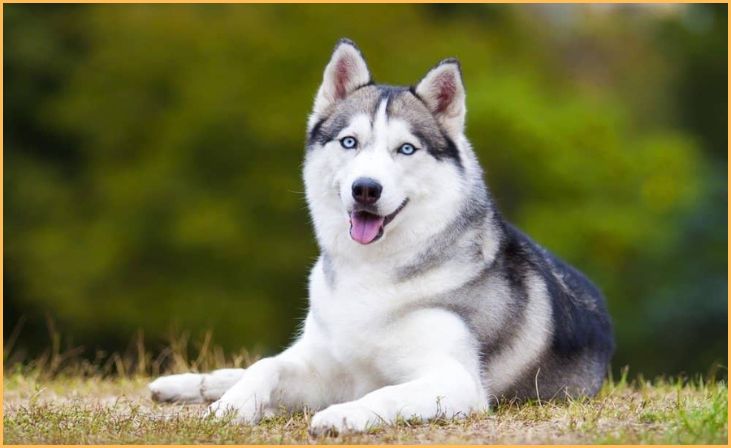
The Siberian Husky, renowned for its striking appearance and friendly demeanor, is a medium-sized working dog originating from Siberia. While Huskies are intelligent and social, they possess a strong, independent streak that can pose training challenges. Their pack-oriented nature makes early socialization crucial for well-rounded behavior. Huskies are energetic and thrive on physical activity, requiring regular exercise to prevent boredom-induced mischief. Positive reinforcement techniques, such as treats and praise, work effectively in training, as they respond well to rewards.
Huskies are known for their distinctive howling and talking, adding to their unique charm. With patience, consistency, and a commitment to meeting their physical and mental needs, Siberian Huskies can become loyal, affectionate companions, showcasing not only their stunning appearance but also their playful and sociable personalities.
Bullmastiff
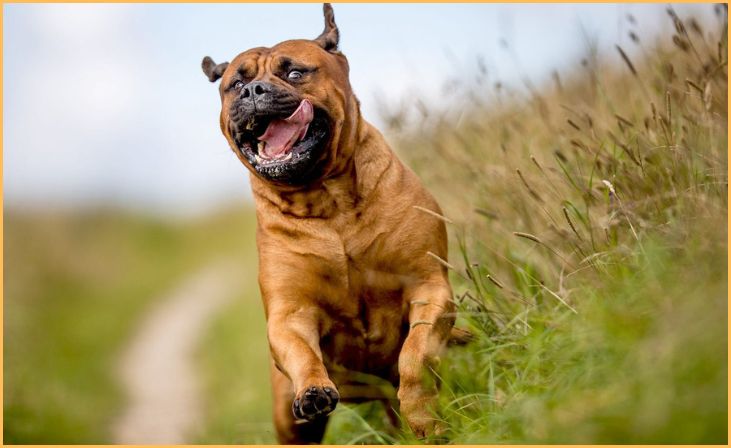
The Bullmastiff, a powerful and muscular breed, is a gentle giant known for its loyalty and protective nature. Training a Bullmastiff requires a firm yet gentle approach due to their strong-willed temperament. Early socialization is essential to ensure they become well-mannered adults. Despite their imposing appearance, Bullmastiffs are affectionate with their families and can be excellent with children.
Positive reinforcement training methods work well, as these dogs respond positively to praise and treats. Bullmastiffs require regular exercise to maintain their physical health and mental well-being. With proper training, socialization, and care, Bullmastiffs can be loving and devoted companions, showcasing not only their imposing stature but also their gentle and loyal personalities.
Also Read- 10 Cutest Dog Breeds to Keep as Pets
Conclusion
In the realm of “10 Difficult Dogs to Train,” we’ve explored a diverse array of breeds, each presenting unique challenges and rewards. From the independent Shiba Inu to the powerful Bullmastiff, these canine companions demand patience, consistency, and understanding in their training. While their distinct personalities may pose difficulties, the journey of training these dogs unveils the potential for deeply rewarding relationships. With the right approach and commitment, these breeds can transform into well-behaved, loving companions, proving that even the most challenging dogs have the capacity for obedience and affection.
FAQs
These breeds often possess strong-willed temperaments, high energy levels, or independent streaks, making traditional training methods less effective. Understanding their unique traits is key to successful training.
Positive reinforcement, using treats and praise, tends to be effective. Consistent training, early socialization, and understanding each breed’s specific needs contribute to successful training outcomes.
Absolutely. While these breeds may require extra effort in training, many of them, when properly trained and socialized, can become affectionate, loyal family members. Understanding and meeting their needs are essential for a harmonious relationship.




